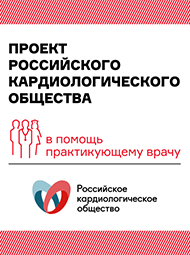Effect of beta-blocker therapy on the risk of infections and death after acute stroke - A historical cohort study
Maier IL, et al. – The aim of this study was to investigate the effect of beta–blocker therapy on the risk of infections and death after stroke in humans. Beta–blocker therapy did not reduce the risk for post–stroke pneumonia, but significantly reduced the risk for urinary tract infections. Different immune mechanisms underlying both diseases might explain these findings that need to be confirmed in future studies.
Methods
· 625 consecutive patients with ischemic or hemorrhagic stroke, admitted to a university hospital stroke unit, were included in this historical cohort study.
· The effect of beta–blocker therapy on post–stroke pneumonia, urinary tract infections and death was investigated using multivariable Poisson and Cox regression models.
Results
· 553 (88.3%) patients were admitted with ischemic stroke, the remaining 72 (11.7%) had a hemorrhagic stroke.
· Median baseline NIHSS was 8 (IQR 5–16) points.
· 301 (48.2%) patients received beta–blocker therapy.
· There was no difference in the risk of post–stroke pneumonia between patients with and without beta–blocker therapy (Rate Ratio = 1.00, 95%CI 0.77–1.30, p = 0.995).
· Patients with beta–blocker therapy showed a decreased risk for urinary tract infections (RR = 0.65, 95%CI 0.43–0.98, p = 0.040).
· 7–days mortality did not differ between groups (Hazard Ratio = 1.36, 95%CI 0.65–2.77, p = 0.425), while patients with beta–blocker therapy showed a higher 30–days mortality (HR = 1.93, 95%CI 1.20–3.10, p = 0.006).
Source: www.mdlinx.com






